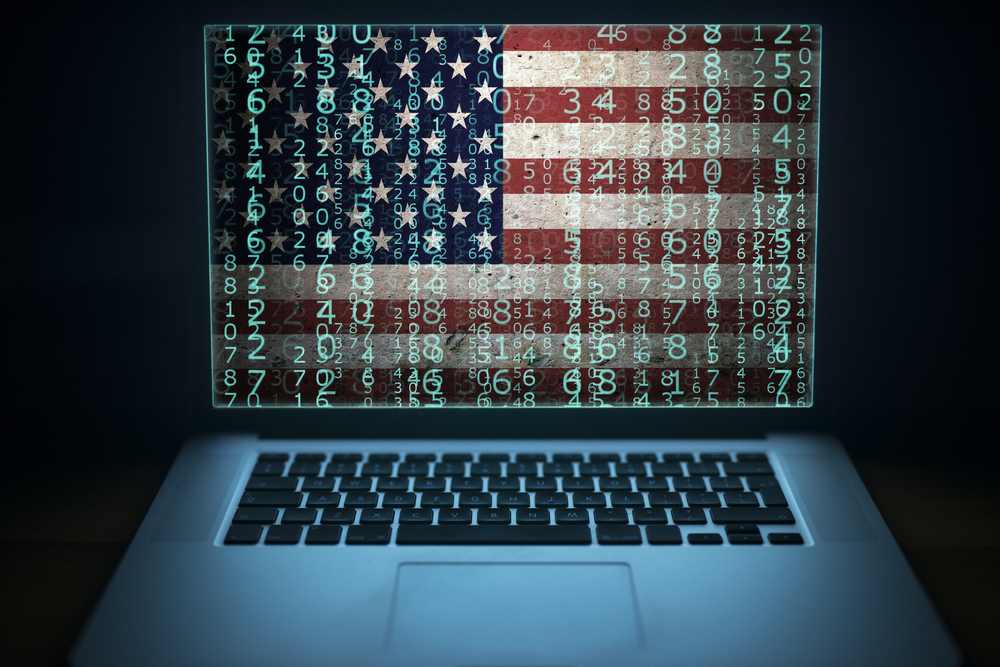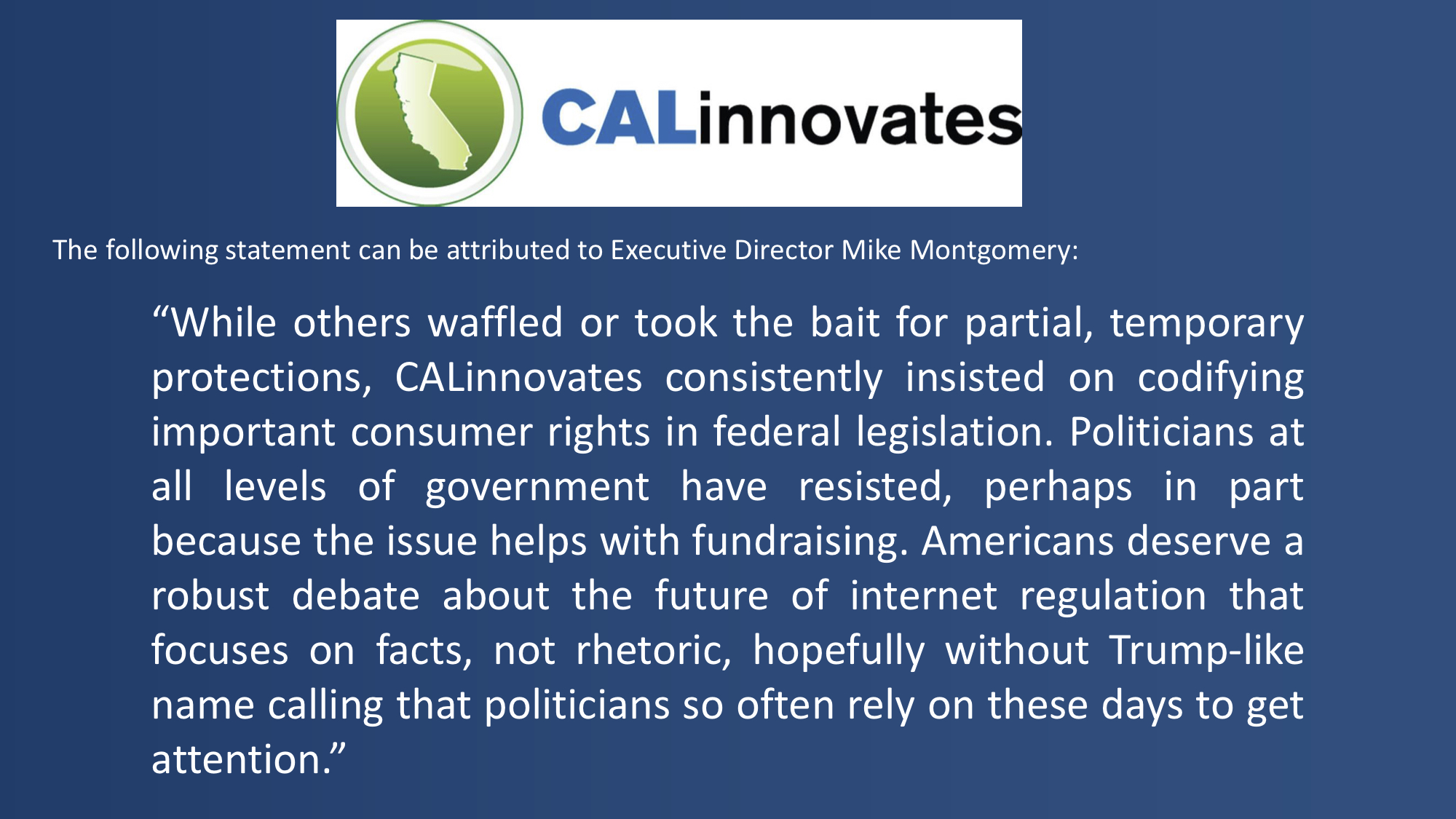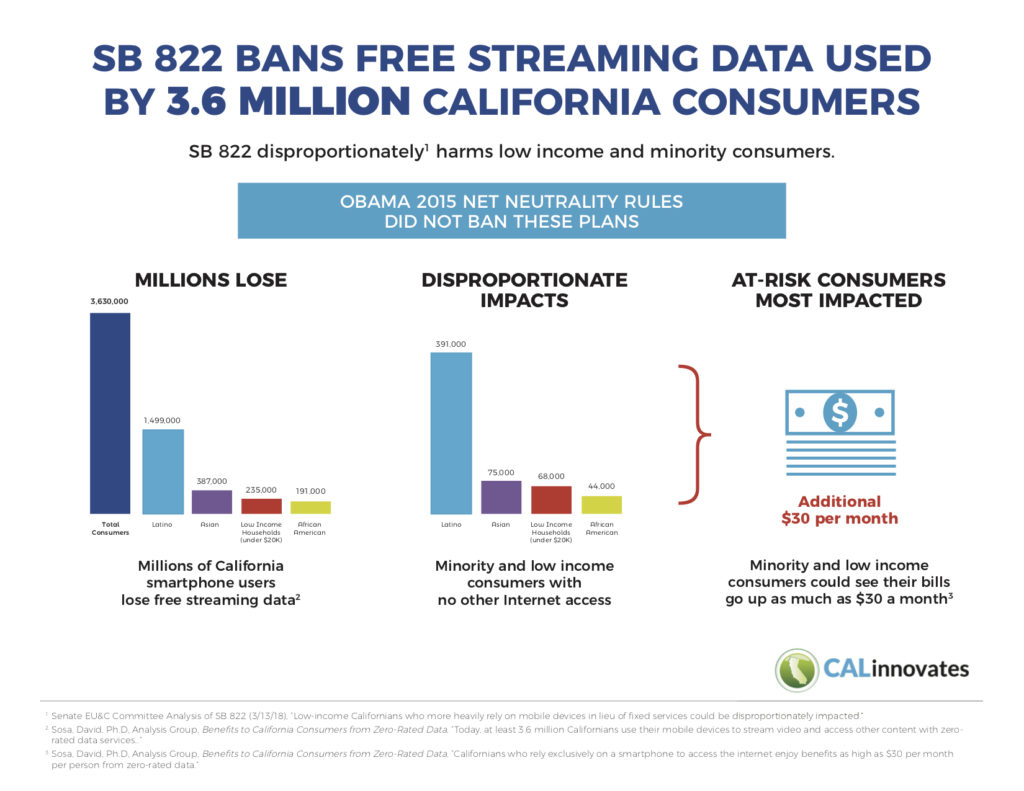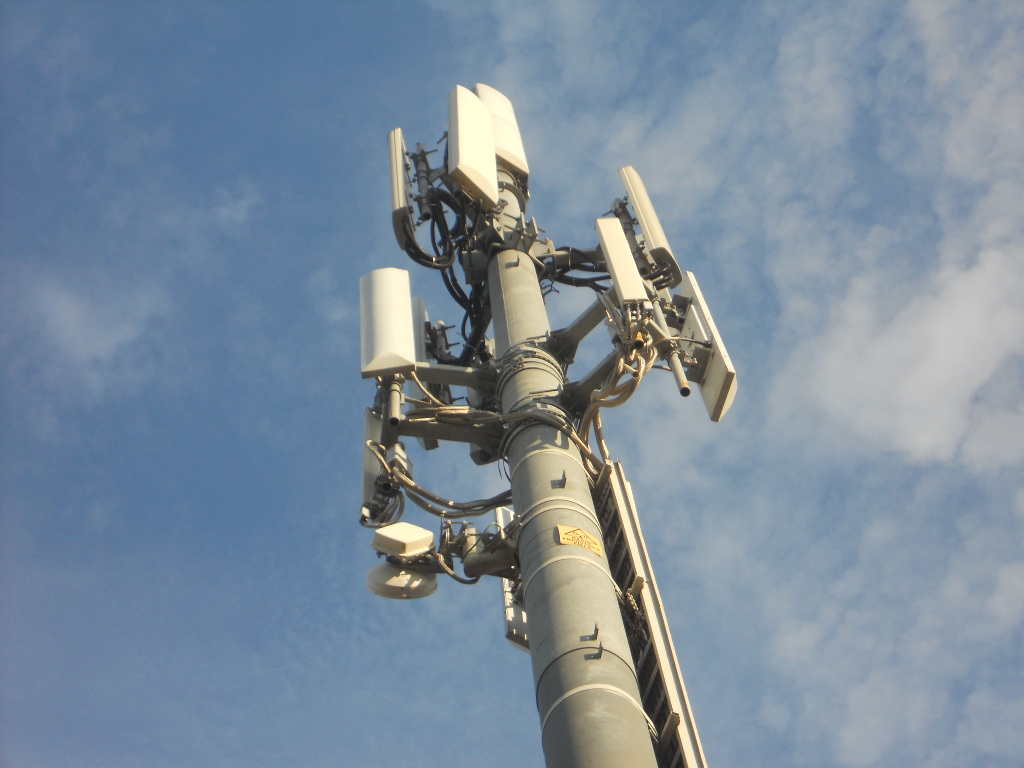
By Kish Rajan
Walk down the street in any American city and it’s easy to see that we are already deep into the wireless age. Ninety-five percent of Americans now own a cellphone, and we are using our devices not only to communicate but to watch videos, order cars, handle banking and much more.
But we are only beginning to understand what will become of our insatiable appetite for next-generation connectivity. In the past two years alone, data traffic has increased 238%. With the advent of the internet of things (IoT) – which will connect cars, household appliances and even pets – that data usage is going to grow exponentially.
In order to handle this traffic, America must get ahead of the curve by upgrading our network to 5G. The state-of-the-art 5G wireless network promises to handle 100 times more capacity and move data 10 times faster than the current 4G LTE network most prevalent in the U.S.
However, according to a recent study, America is lagging behind both China and South Korea when it comes to 5G deployment – which is a potential big problem for our country.
Why? Well, there’s more at stake here than just lightning-fast video downloads. 5G will create enormous economic growth. Accenture estimates that 5G could lead to $275 billion in investments, 3 million new jobs and $500 billion in GDP growth. Faster wireless networks will position us to see incredible innovation in smart-cities technology, healthcare and education.
To date, the U.S. has been the global leader in innovation – in large part due to our leadership in the wireless space – but there’s a real risk America will lose our position to China and South Korea if we lose the race to 5G.
The economic benefit of leading the move to the next level of network speed and capacity is not fiction. History shows that 5G will provide tremendous economic benefit. America led the way on 4G technology, resulting in $100 billion in economic impact. We took that lead position from the European Union, which had been ahead of the game on 2G. Losing that front-runner status led to job losses and contractions in the telecom hardware and software industries in Europe.
We can’t afford to have the same thing happen in the U.S.
Bringing 5G technology, and all of its benefits, to market requires the deployment of new infrastructure, namely a new network of small wireless nodes called “small cells.” Small cells are about the size of a pizza-box and are most commonly attached to existing infrastructure, such as utility poles and streetlights. In order to lay the foundation for 5G, we will need small cells deployed in mass to optimize the strength and reach of the coverage.
To roll out these new networks, municipalities and states must be forward-thinking. We can’t just default to the regulations established in the past that slow the deployment of small cells. We must rethink regulations to allow for 5G networks to spring up all over the country so every community can benefit.
If not, there’s a real risk we will not only fall behind China and South Korea, but that within the U.S., we will be creating a new type of digital divide.
Cities such as Sacramento and Long Beach in California are aggressively moving forward with 5G. Officials in Long Beach hope that the new network will help bridge the city’s digital divide and attract new businesses. These emerging cities may find themselves attracting the Googles and Amazons of tomorrow as larger cities drag their feet on 5G.
While that might be good for some, it would be better for entrepreneurs everywhere to have access to the 5G network. If we don’t put ourselves in a position to lead on 5G, we could feel the effects in the not-too-distant future.










